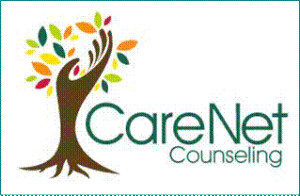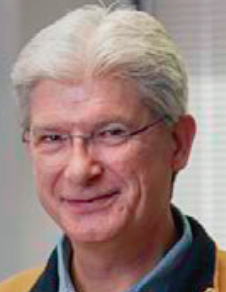Brian Hatcher is president of CareNet Counseling. A part of FaithHealth, CareNet is a professional counseling organization with 37 locations across North Carolina. Hatcher is an ordained minister and licensed clinical social worker who is pursuing a PhD in public health. Here, he discusses CareNet and how it addresses various issues.
What is CareNet? CareNet participates in FaithHealth through our counseling ministry. We consider ourselves an extension of local faith communities. With people hurting everywhere, pastors and others can’t do all the work that’s needed, so we partner with them to provide counseling services. All of our clinicians are licensed mental health professionals who demonstrate their ability to integrate the faith and spirituality of our clients.
Visit CareNet’s website HERE
Integrated care.On integrated behavioral health or integrated care, we try to get our counselors in the same space as the primary care physicians to integrate the two services. When people go to see their physician, they can also see someone for their depression or other mental health scenario, and our counselors and the physicians begin to consult with each other. When we can address a person’s mental health, spiritual health, and physical health as one, people tend to get better faster and stay healthier longer.
Leaving the office.Many of our counselors are beginning to shift from just one person at a time to thinking about whole communities. What can we do today to help this community do better? Historically, counselors like ours have comfortably sat in their office waiting for people to walk in, and we still do lots of that. But more and more our counselors are getting outside, going where the people are. We are integrating not only in primary care offices but also in places like homeless shelters and the children’s home to serve them right where they are.
Trauma. The primary issues we dealt with 15 years ago were depression and anxiety. We still do a good amount of that work. But in the last five to 10 years, we have seen more and more trauma being presented in our offices. When we think of trauma, often we think of being in a major car accident or what military veterans may have seen in conflict. But trauma can also be just the little chinks in life, and enough of those can impact a body and a soul, not unlike one major explosion.
 I don’t know if there is more trauma in the world, but we are certainly more aware of it. Our staff are becoming more focused on understanding how the impact of trauma shifts a person’s ability to participate in the world, and then helping them refocus that in a way that is healthy and productive.
I don’t know if there is more trauma in the world, but we are certainly more aware of it. Our staff are becoming more focused on understanding how the impact of trauma shifts a person’s ability to participate in the world, and then helping them refocus that in a way that is healthy and productive.
Partnerships. Across the state, we are connected to local faith communities, businesses, schools and others. I recently visited two residential programs — one for people with severe and chronic mental health issues, the other for people dealing with addiction issues. CareNet partners with groups like this so we can offer a whole continuum of care. A person can walk in and we can discover multiple needs — such as housing, food or transportation — that are beyond our scope. But with the development of FaithHealth, we can now pick up the phone and call for a number of resources and usually have what they need within a matter of hours.
Congregations and connections. What a great opportunity that congregations have to make a real impact in the world. People who have good relational connections — family and/or social connections, which can come through congregations — tend to do much better than others. If I am isolated and the wave of life knocks me down, it is much harder to get up and be about life again. But if I get hit by that wave and there is a community to help lift me up and hold me, then moving forward is easier. Congregations can be that support system.
Listen to the Podcast with Brian Hatcher and Emily Viverette

